Hey there, new parent! Are those tiny, rhythmic "hic" sounds driving you a little crazy? You're not alone. Newborn hiccups can seem persistent and sometimes even a bit distressing, even though they usually don't bother your little one as much as they bother you. You might be wondering, why do newborns get hiccups so often? It's a common question, and we're here to help you understand it and, more importantly, figure out how to stop newborn hiccups when they start.

Why Do Newborns Get Hiccups
Why do newborns get hiccups? Newborns hiccup because their diaphragm—a muscle under the lungs—contracts suddenly. This sudden muscle contraction pushes air against the tightly shut vocal cords, which results in the hiccup sound. Babies often swallow extra air during feeds or gulp too quickly. That trapped air expands the stomach, pressing on the diaphragm and spurring spasms. Sometimes a growth spurt or even cold air can prompt hiccups, but most of the time, it’s just your baby’s diaphragm learning to coordinate with their breathing and feeding.
These spasms rarely signal a problem. In fact, hiccupping appears early—even in the womb—and may aid brain and lung development. Yet parents want relief when hiccups seem to last. Let’s look at how to stop newborn hiccups next.
How to Stop Newborn Hiccups (Effective Methods)
Here’s what to try right now.
- Pause and burp: Take a break during feeding to burp your baby. Hold your baby upright, pat their back gently, and release trapped air. Burping every 2–3 ounces for bottles or when switching breasts can cut down hiccups.
- Use a pacifier: The sucking action can help calm the diaphragm and potentially stop the hiccups. Gently place a pacifier in your baby's mouth and let them suckle.

- Gentle back rub: Support your baby's head as you gently lay them face-down across your lap for a back rub. Relaxing muscles may stop diaphragm spasms in their tracks.
- Smaller, slower feeds: Aim for short, frequent feedings. This prevents overfilling the stomach and can avert hiccups before they start.
- Check feeding gear: If you use bottles, reposition the nipple so no air is drawn in. Make sure breasts and bottle teats are fully latched to prevent gulping air.
Typically, hiccups in newborns stop within 5–10 minutes on their own. If they stretch beyond that, try these methods patiently. Remember: how long should hiccups last in a newborn? Most last just minutes. If yours go longer, move on to the next section.
What to Avoid When Dealing With Newborn Hiccups
While you're trying to help your baby, there are a few things you should definitely avoid. Avoid startling your newborn to stop their hiccups. This can be frightening for them and is not a recommended method.
Also, avoid giving your baby water or other liquids besides breast milk or formula, especially if they are under six months old. Their little bodies are not yet equipped to handle other fluids, and it can interfere with their nutritional intake.
You might hear old wives' tales about pulling on the baby's tongue or pressing on their forehead. These methods are not scientifically proven and could potentially harm your baby, so it's best to steer clear of them. Remember, are hiccups normal for newborns? Yes, they usually are, so there's no need for drastic or potentially harmful measures.
Tips to Prevent Newborn Hiccups
While you can't always prevent hiccups, there are some things you can do to potentially reduce their frequency. Here are some tips to know how to prevent hiccups in newborns:
- Focusing on feeding techniques is key. Feed your baby slowly and hold them in a more upright position during feeding. This can help them swallow less air.
- When you use a bottle, ensure the nipple releases milk at a pace suitable for your baby's age. A nipple that's too fast can cause them to gulp down milk and air.

- Avoid overfeeding your baby. Pay attention to signs that your baby is full, like when they turn their head away or their sucking slows down.
- Keeping your baby calm and relaxed during and after feedings can also help. Alilo toys for newborns to 1 year olds provide a calm and engaging environment, thereby contributing to your baby's overall well-being and potentially reduce triggers related to excitement or stress.
- Avoid vigorous play or bouncing immediately after they've eaten.
When to Consult a Pediatrician
What to do when a newborn hiccups do not stop. Well, most hiccups are harmless, but call your doctor if you notice:
- Frequent, prolonged hiccups. If hiccups last over 15 minutes or return constantly.
- Feeding issues. Refusal to eat, arching back, or poor weight gain.
- Spit‑up or wet hiccups. Liquid coming up with hiccups could signal reflux.
- Discomfort. Excessive crying during or after hiccupping.

Your pediatrician can rule out any underlying medical conditions that might be contributing to the hiccups. They can also offer reassurance and further guidance on what to do when a newborn hiccups if you have any concerns. Trust your instincts as a parent, reaching out to a healthcare professional is the wisest course of action when you have concerns.
Conclusion
Dealing with newborn hiccups can be a bit frustrating, but knowing how to stop newborn hiccups with simple, gentle techniques can really help. While you might not stop every bout, understanding the methods, causes and focusing on your baby’s comfort makes a big difference.
FAQs
How can I stop my newborn from having hiccups?
You can try gently rubbing your newborn's back or rocking them gently to help stop their hiccups. This can relax their diaphragm and ease the spasms causing the hiccups. Rubbing the back may also help them burp, which can release trapped air and bring hiccups to a stop. These soothing techniques are simple, safe, and often effective for calming your little one.
Is it OK to lay baby down with hiccups?
Yes, it’s usually safe to lay your baby down with hiccups, as long as they seem comfortable and aren’t showing any signs of distress or trouble breathing. Hiccups happen often in newborns and usually aren't anything to worry about. They often go away on their own, so there’s no need to worry or keep your baby upright unless they seem uncomfortable or fussy.
Do hiccups mean baby is full?
Hiccups occurring after a feeding might indicate that your baby's tummy is full. According to experts, babies who eat too quickly or take in too much milk may end up with a full belly that presses against the diaphragm, triggering hiccups.
What is the best position for baby hiccups?
Holding your baby upright, particularly after they eat, is the most helpful position when they have hiccups. Holding your baby upright helps reduce the chances of air getting trapped in their stomach, which can cause hiccups. Burping your baby during and after feedings—ideally for up to 20 minutes—can also release any swallowed air and may help stop hiccups faster. This position is soothing and supports digestion, too.

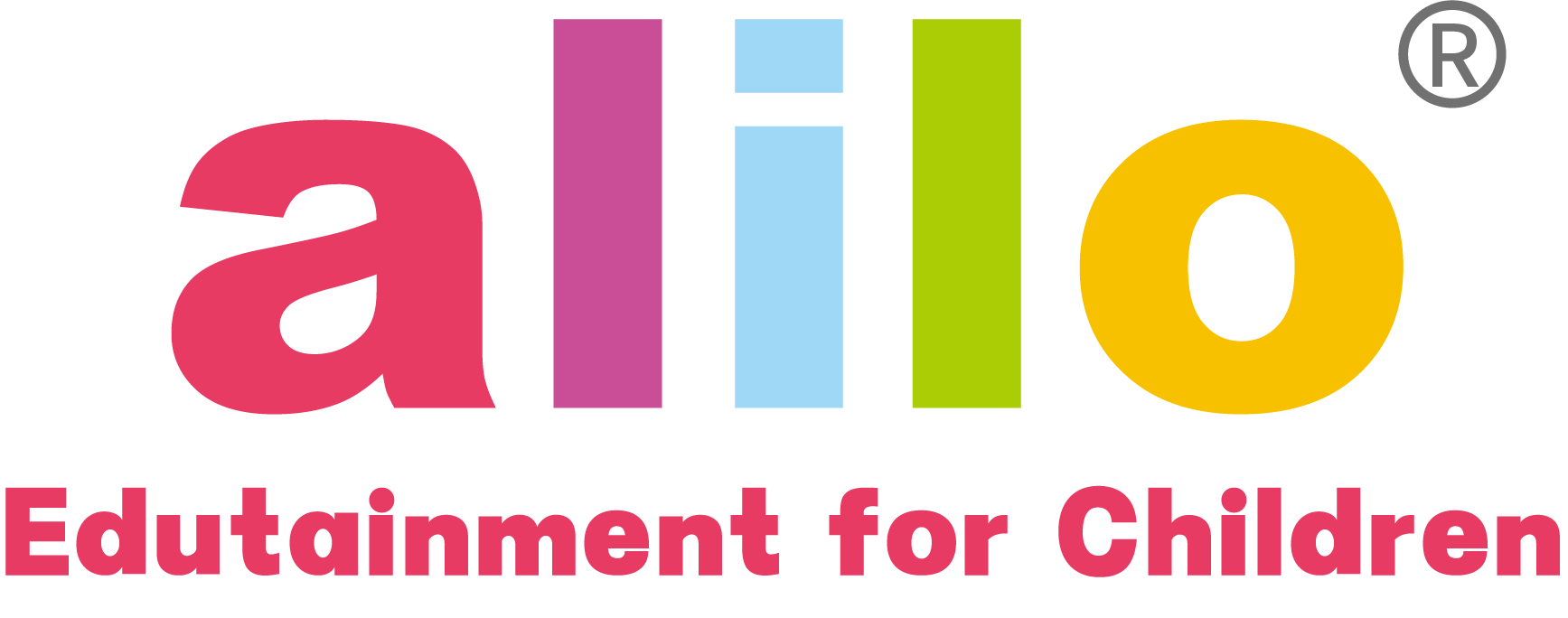
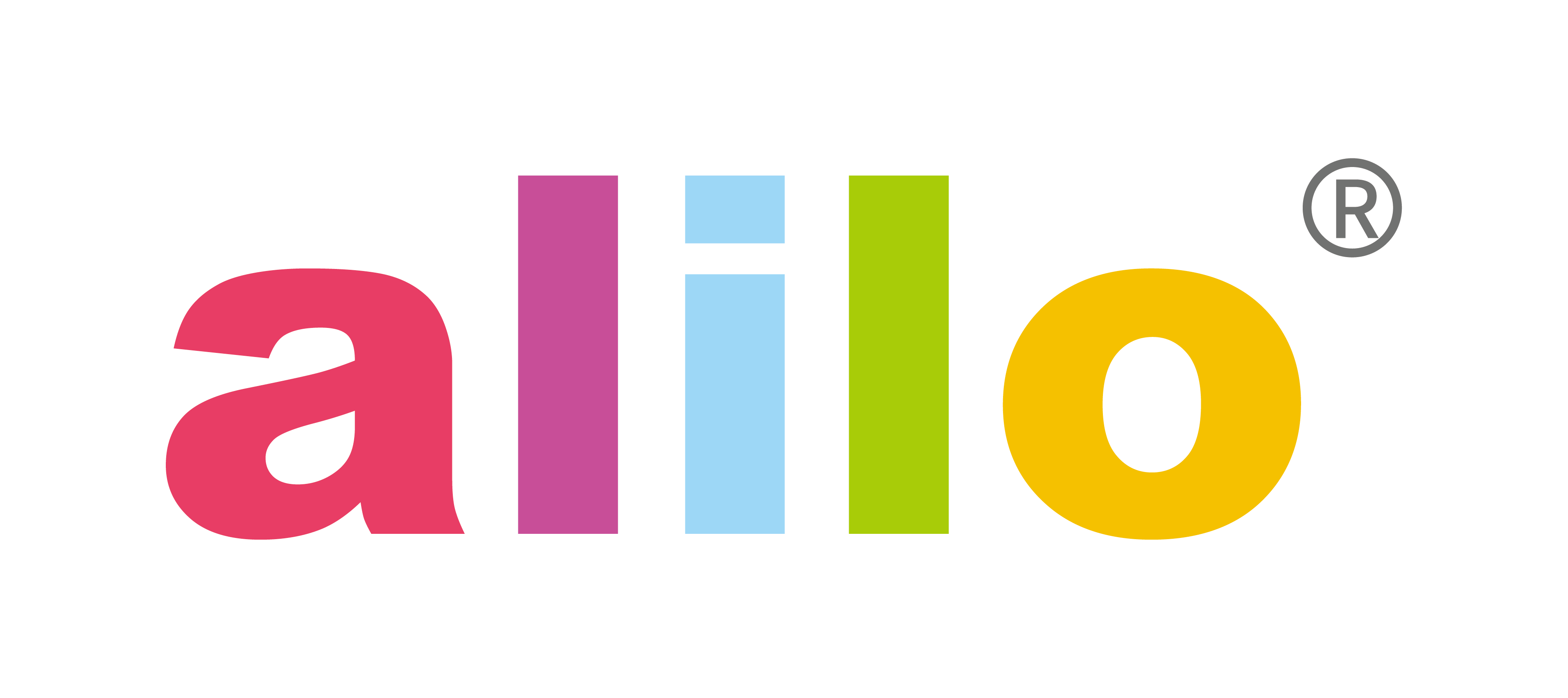

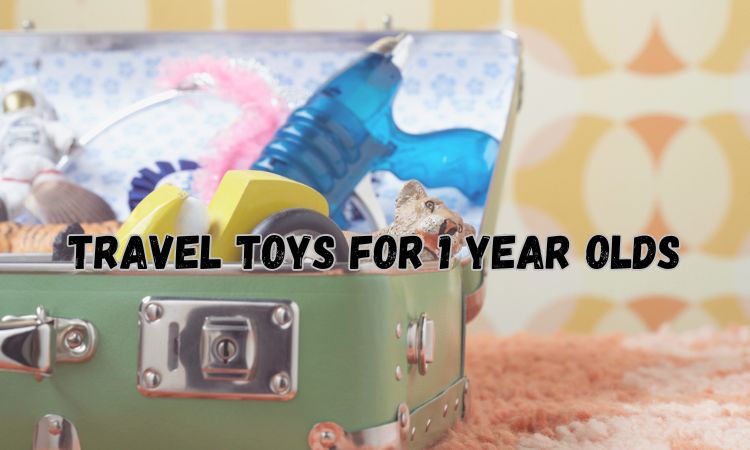
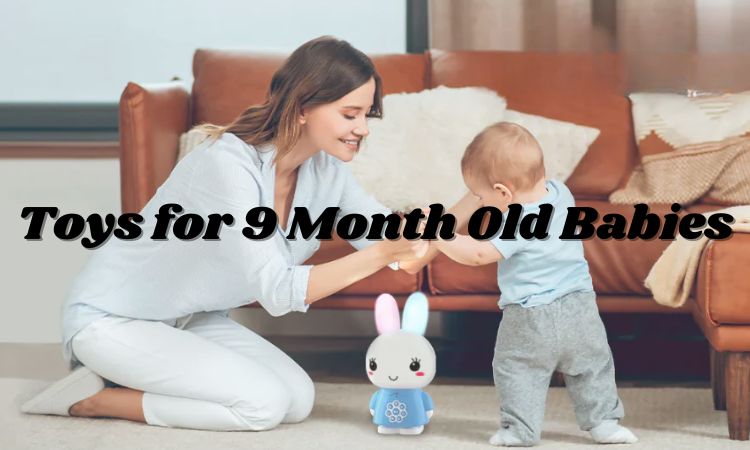
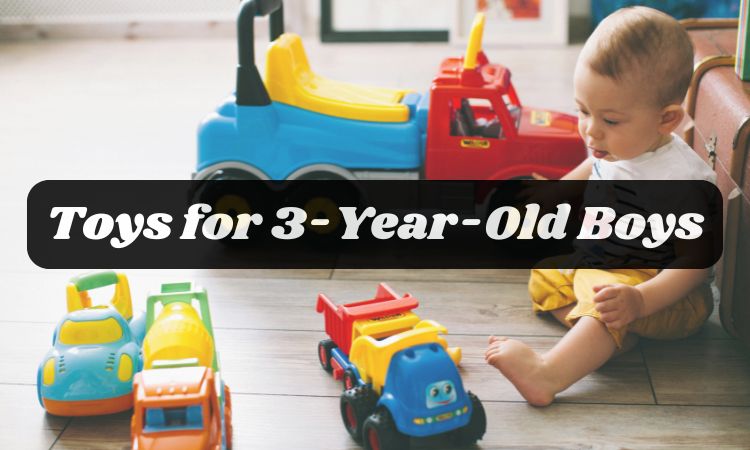
Share and get 5% off!
Simply share this product on one of the following social networks and you will unlock 15% off!